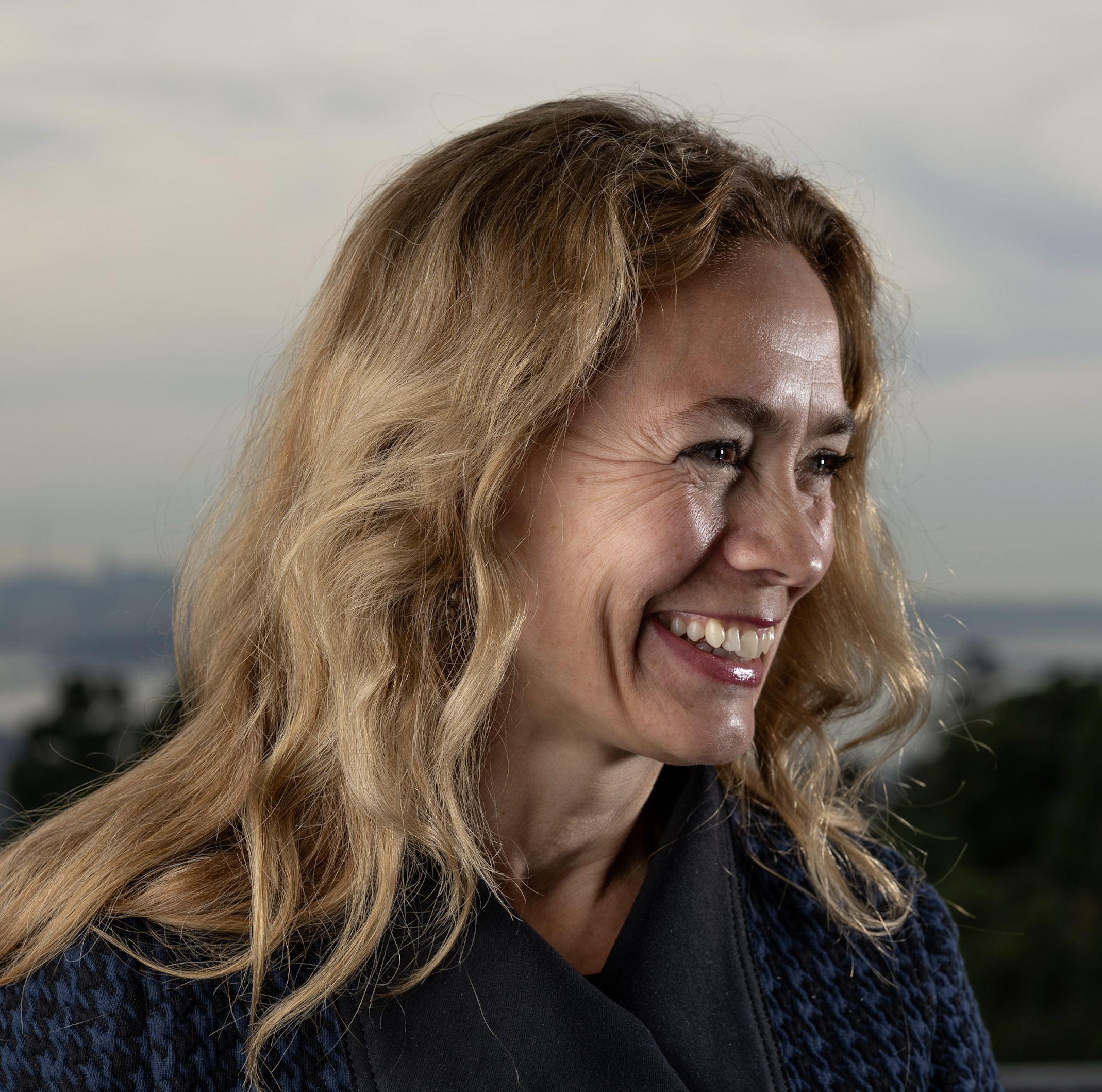Past Event: Oden Institute Seminar
Kristin Persson,
4 – 5PM
Thursday Feb 8, 2024
POB 6.304 & Zoom
Computational screening of materials for specific functional properties is rapidly changing the landscape of materials and molecular design. However, computational evaluation and guidance for synthesizability and reactivity as a function of the environment remain challenging due to the complexity of the available phase space. Here we present data-driven first-principles frameworks using a combination of high-throughput calculations, reaction networks, and machine learning to i) predict decomposition of liquid electrolytes and ii) guide solid state synthesis. Our automated methodology for capturing the electrode-electrolyte reactivity is based on a systematic generation of relevant species using a general fragmentation/recombination procedure which provides the basis for a vast thermodynamic reaction landscape, calculated with density functional theory. We explore this landscape using stochastic methods and shortest pathfinding algorithms, which yield the most likely reaction pathways which are then refined with transition state calculations and kinetic information. The results of the framework show promise in being able to automatically recover previous insights on single reaction pathways, as well as successfully predicting the early dynamics and competitive nature of the solid-electrolyte interface formation. In the case of solid-state synthesis, we leverage the Materials Project (www.materialsproject.org) thermodynamic phase diagrams to construct a reaction network model that mimics the sequential nature of solid-state reactions for stoichiometric compounds. We track the overall Gibbs free energy as a function of precursor selection and propose two selectivity metrics, primary and secondary competition, to assess the favorability of target/impurity phase formation in solid-state reactions. These metrics are evaluated against literature reactions and tested against nine proposed precursor selections; both traditional and non-traditional; for the synthesis of BaTiO3. Finally, to spur discussion, we give our perspective on the era of data-driven materials design; pitfalls and promises.
Kristin Persson is the Daniel M. Tellep Distinguished Professor at the University of California, Berkeley and the Director of the Molecular Foundry, a user facility at Lawrence Berkeley National Lab. She is also the Director and founder of the Materials Project (materialsproject.org) which is a world-leading resource for materials data and design. She has received the DOE Secretary of Energy’s Achievement Award twice, the TMS Cyril Stanley Smith Award, the TMS Faculty Early Career Award, the Falling Walls Science and Innovation Management Award, the LBNL Director’s award for Exceptional Scientific Achievement and she is an MRS Fellow, a AAAS Fellow and an APS Fellow. She holds several patents in the clean energy space and has co-authored more than 290 peer-reviewed publications.
